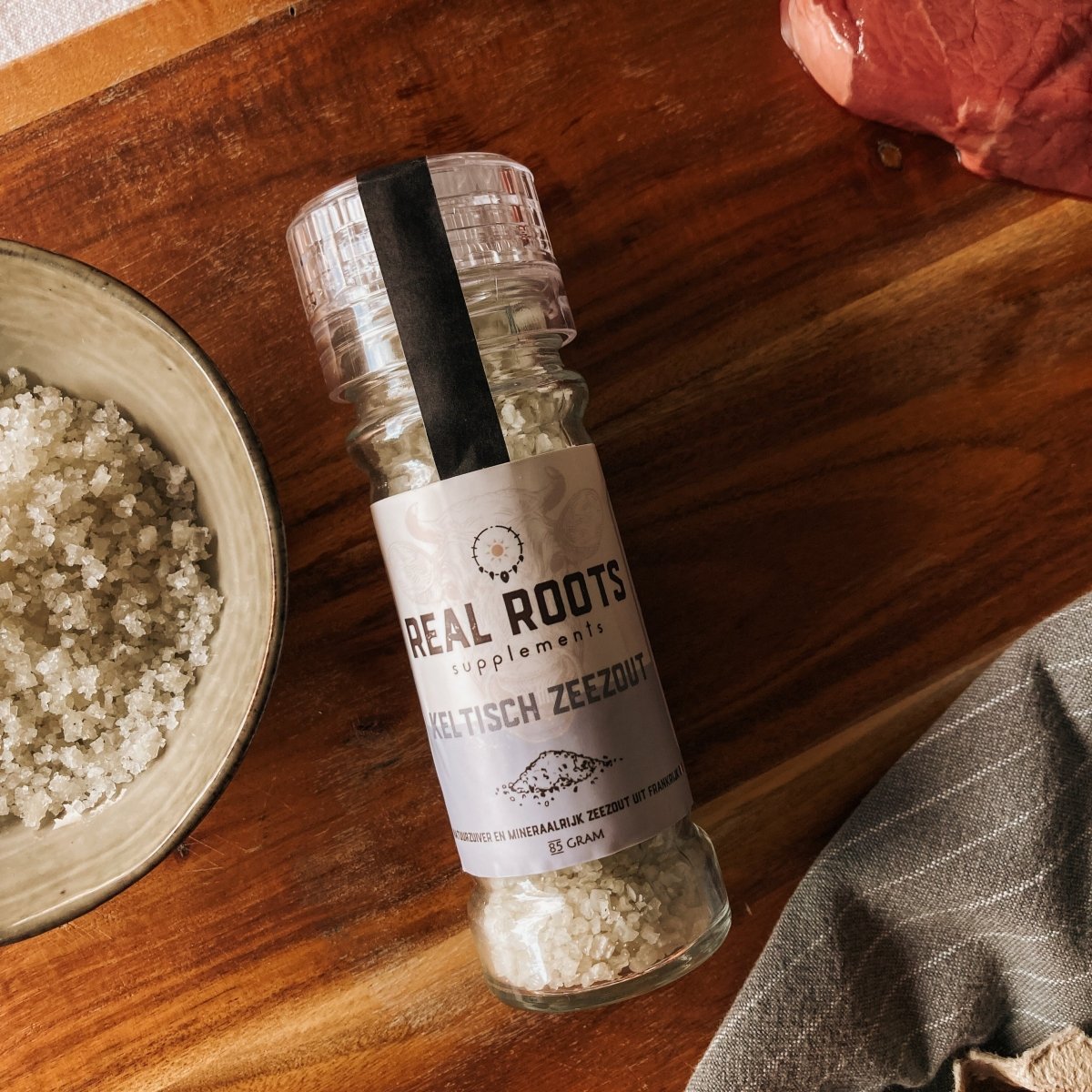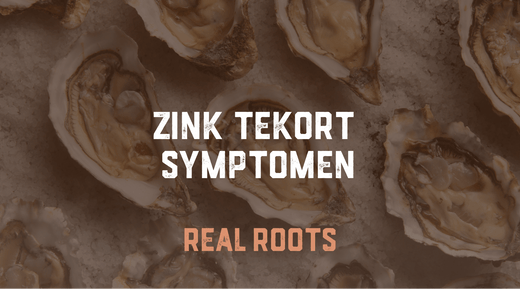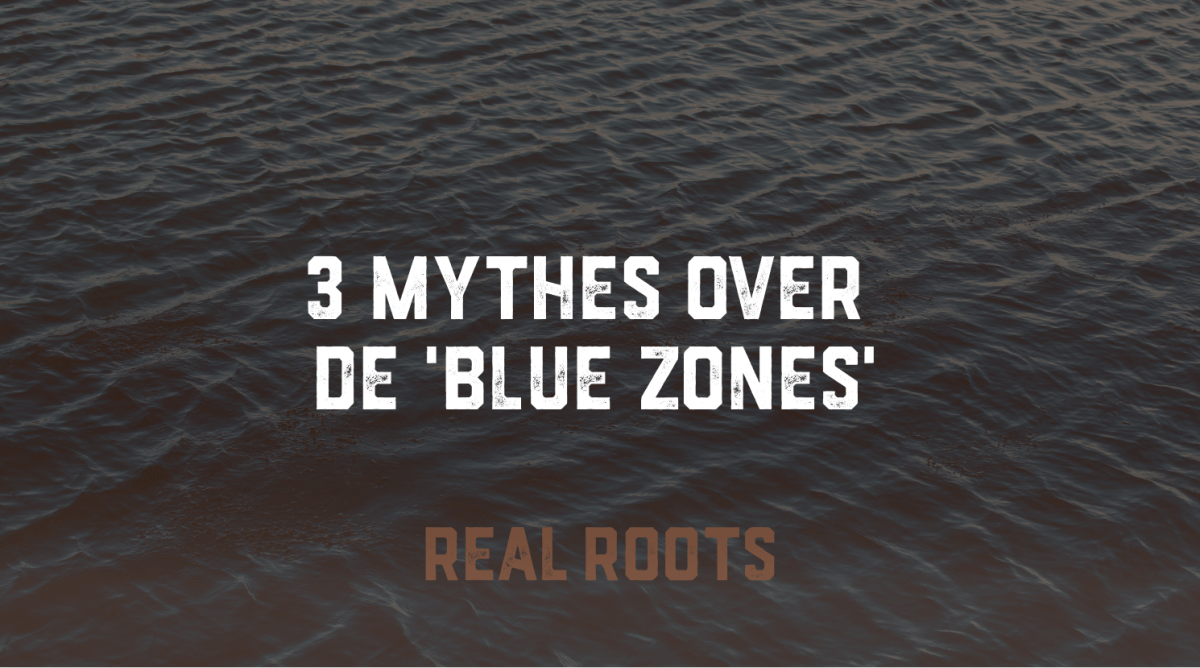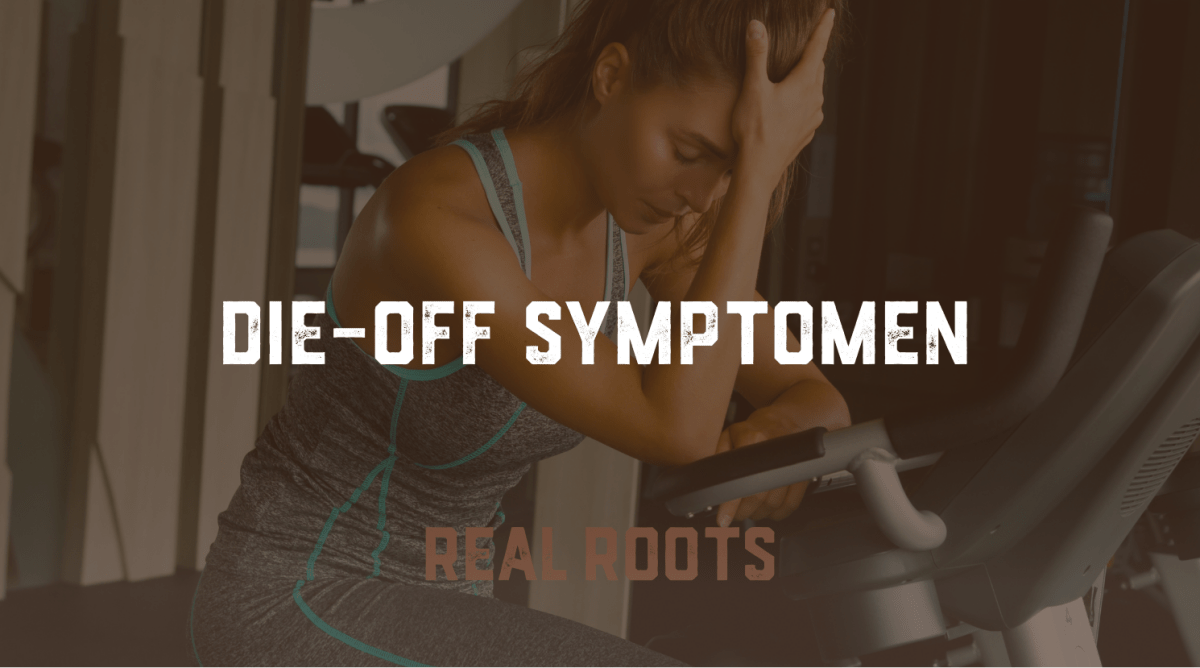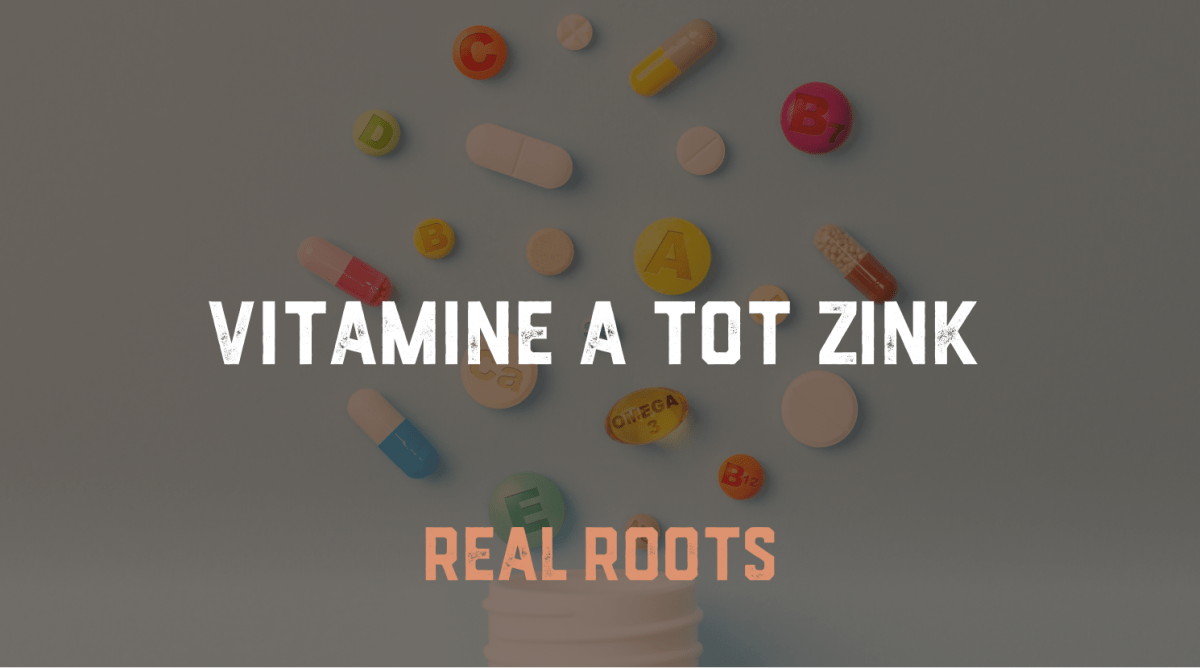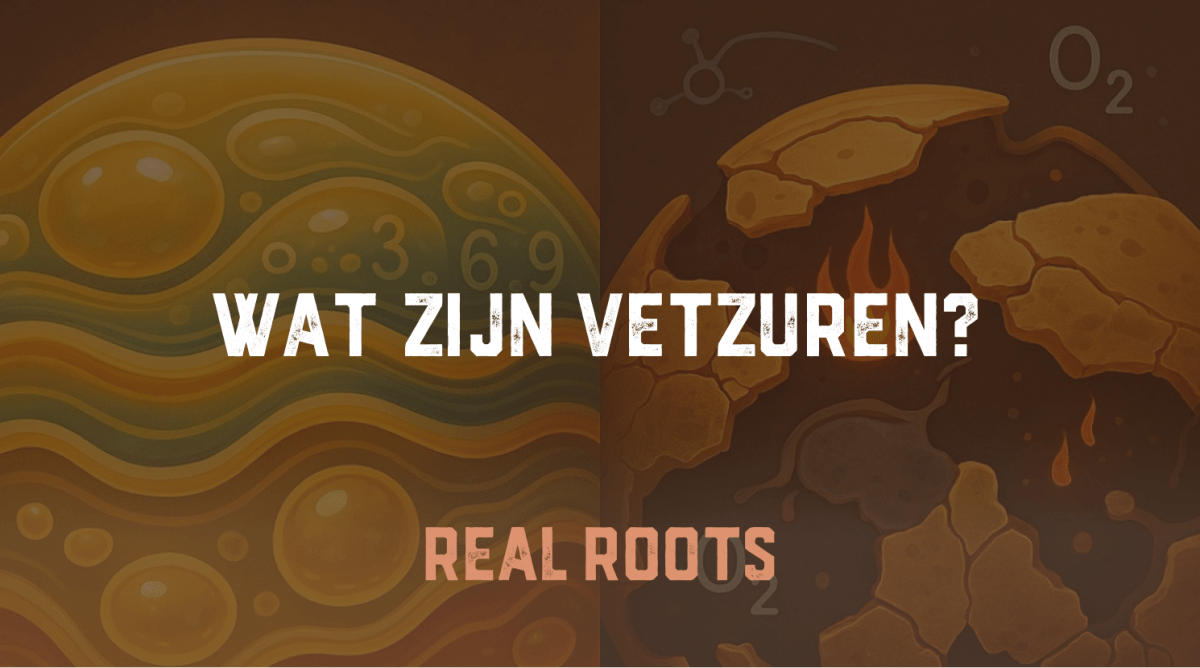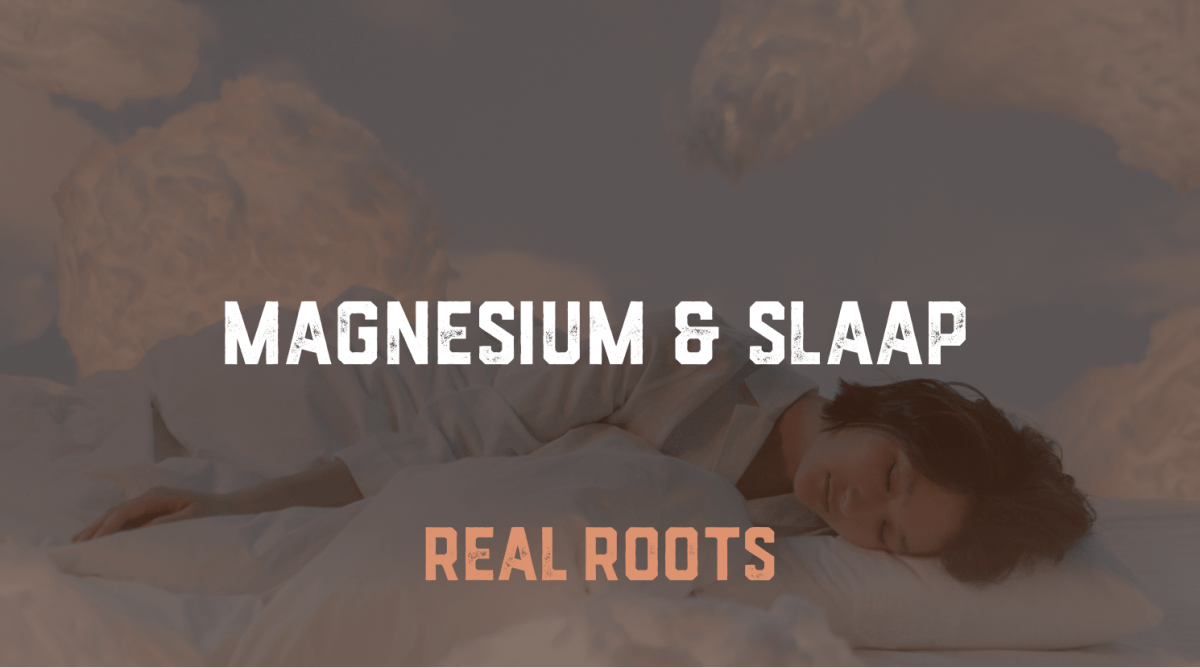What is zinc and why is it important?
Zinc is a mineral that is crucial for various functions in the body. It plays a very important role in metabolism, supports the immune system, promotes wound healing, and even contributes to healthy skin. However, a zinc deficiency can lead to various unpleasant symptoms that can seriously affect your health and daily life.
And because we at Real Roots know how important zinc is for the human body, we have recently launched the ultimate product on the market, namely: oyster capsules.
What are the symptoms of a zinc deficiency?
A zinc deficiency can manifest in various ways. Here are the most common symptoms that may indicate a deficiency:
-
Weakened immune system: With a zinc deficiency, you are more susceptible to colds, flu, and other infections. This is because zinc plays a key role in the production of white blood cells, which defend your body against diseases.
-
Hair loss: Zinc is essential for the growth and health of your hair. A deficiency can cause hair loss and brittle hair.
-
Skin problems: Symptoms such as acne, dry skin, or slow wound healing can indicate a zinc deficiency. In addition to our oyster capsules, our natural collagen also supports a healthy skin. You can read more about it in this article.
-
Reduced taste and smell ability: Zinc is important for the functioning of taste and smell receptors. A deficiency can lead to a reduced ability to perceive tastes and smells.
-
Fatigue and lethargy: With a prolonged zinc deficiency, you may feel tired and lethargic because your body works less efficiently. Are you frequently tired or even experiencing headaches? This may be related to an iron deficiency, read more about it in this article!
-
Concentration problems:Zinc plays an important role in cognitive functions. A deficiency can lead to memory problems or difficulty concentrating.
-
Hormonal disruption: Zinc is involved in the regulation of hormones such as insulin and sex hormones. A deficiency can cause irregular menstruation, low libido, and other hormonal complaints.

What are the causes of a zinc deficiency?
A zinc deficiency can arise from various factors:
-
Insufficient intake through diet
Zinc-rich foods such as shellfish, meat, eggs, nuts, and seeds may be missing from your diet. Vegetarians and vegans are at higher risk because plant sources are less bioavailable. -
Increased need
Pregnant women, children, and athletes have a higher need for zinc and can therefore develop a deficiency more quickly. -
Poor absorption by the body
Conditions such as Crohn's disease, celiac disease, and other digestive problems can hinder zinc absorption. -
Excessive alcohol consumption
Alcohol increases the excretion of zinc through urine, which can lead to a deficiency.
How can you prevent or treat a zinc deficiency?
Preventing and treating a zinc deficiency starts with adjusting your diet. Add these foods to your daily menu to maintain your zinc levels:
-
Oysters – The richest source of zinc. Check out our oyster capsules for the ultimate zinc source!
-
Red meat and poultry – Good sources of well-absorbable zinc.
-
Nuts and seeds – Especially pumpkin seeds and cashew nuts are rich in zinc.
-
Legumes – Such as lentils and chickpeas.
-
Dairy products – Such as cheese and milk.

Additionally, a zinc supplement can be an effective way to replenish a deficiency. Always consult a doctor or dietitian before taking supplements to determine the correct dosage and avoid overdose.
When should you consult a doctor?
Although mild zinc deficiency symptoms often improve on their own with a modified diet, it is important to consult a doctor if the complaints persist or are severe. A blood test can determine whether there is indeed a zinc deficiency.
What does a zinc deficiency do for women?
For women, zinc is essential for supporting hormonal balance, fertility, and healthy skin and nails. During pregnancy, zinc plays a crucial role in fetal development. Adequate zinc intake can also help reduce menstrual complaints.
How do you know if you have too little zinc?
Symptoms such as hair loss, skin problems, reduced taste and smell, and fatigue may indicate a zinc deficiency. Unsure? Get a blood test to check your zinc levels.

Why is timely intervention important?
An untreated zinc deficiency can lead to serious health problems, such as a long-term weakened immune system, hormonal imbalance, and persistent skin issues. Recognizing and addressing the symptoms in time is crucial for your overall health.
Prevent zinc deficiency and its symptoms
A zinc deficiency can cause a wide range of symptoms, from a weak immune system and skin problems to fatigue and concentration issues. By being aware of the causes and symptoms, you can intervene in time and improve your health. Ensure a zinc-rich diet and consider supplements if necessary. Consult a doctor if in doubt to prevent long-term health complaints.
